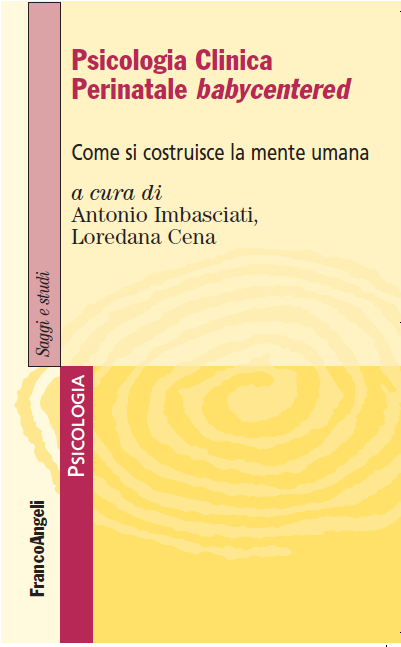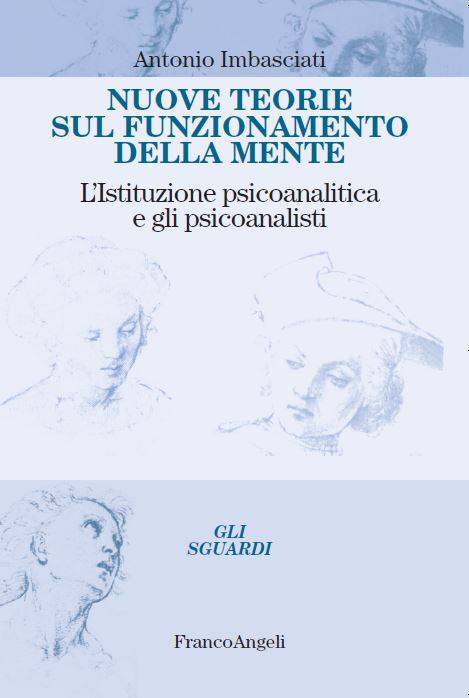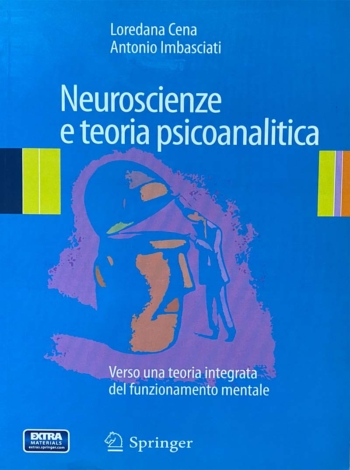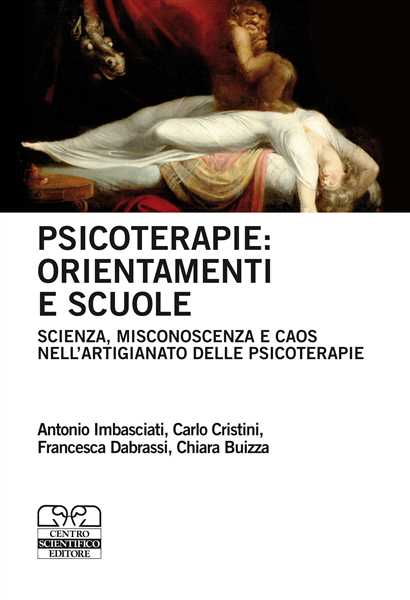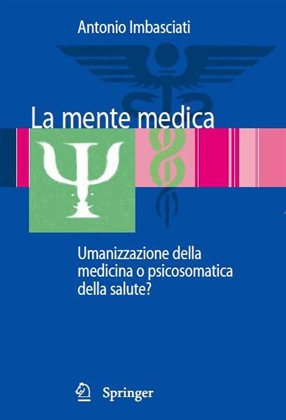1. Psychoanalysis, Psychotherapy and Clinical Psychology
For a long time in medical area “Perinatal Clinical Psychology” had the meaning of a psychological clinics in pregnant women and her puerperal period. What might happen in her baby was observed only for its clear organic pathologies: its interior vicissitudes were not known, as all scientists of the time thought it has no mental life. But nowadays Neuroscience has proven the heavy importance of its brain construction in its first neural net; and its first functioning in mental events without any consciousness.
These first neuromental structures condition the ones that are later constructed …
In this last book (www.imbasciati.it) I have collected and tried to summarize the ideas I have developed by integrating different sciences of the mind during my long experience as a psychoanalyst, a researcher, then a professor, a trainer as well as a director of a university school. Throughout my professional life I aimed at systematizing, integrating and possibly unifying the diverse theories on the origins and functioning of the mind. In psychoanalysis these theories – although they were formulated over a century ago – are still mixed and confused in a state of inadequacy both in terms of epistemology and general culture. In my life, psychoanalysis has been the field where I have, most passionately, found implicit scientific limits in the institutions which have as their explicit goal the development of the science that Freud founded one-hundred years ago. But this is the case everywhere: Institution, as Elliott Jacques said, works against Organization. (…)
Today psychoanalytic clinical practice is not that Freud’s. Infant and infant-with-mother/parents psychoanalysis opened up large perspectives that have deeply affected the whole psychoanaltic theory and practice. Psychoanalytic clinical practice changed and progressed greatly. But in its theoretical frame today psychoanalysis has a number of concepts and theories, so that a confusion and different laguages have developed. This is due to an obstinate almost religious preservation of old concepts along new ones. In particular energy-drive concepts of Freud’s Metapsychology contradict the progress of current psychoanalysis, and yet they are used. (…)
The Author invented and experienced five stories wich may give an educational and emotional support for parents and children relationship. Five animals are the protagonists of tales to talk about jealousy, sibling rivalry, envy, greed, sex, babybirth, love and so on. These stories have not to be read: They must be told by sensible caring adult person, if we wish they have its proper effects. (…)
Today an increasing number of people feel psychic discomfort, generally labelled as stress, and they therefore say: “I may need psychotherapy.” But there is much hesitation between such a statement and its realization. Many other people don’t even feel the need for it, crushed by the fast pace of contemporary society, while, as a result of the social situation, they would actually have a great need for it. The first hesitation is due to ignorance, or rather to the misconception of what is meant by “psychotherapy”. (…)
Progress in medicine has made the physician’s practice more technical and has inevitably reduced the mental and operational spaces that he used to devote to the human relationship, which in the past he was able to establish with his patients. In this regard, the physician did effectively embody the Latin saying medicus ipse farmacum. Also the current medical training, with an ever increasing necessity for biological and technical knowledge and the continuous updating required in these fields, decreases the possibility for the doctor as a person to take care of the patient as a person. What Balint described in his book Doctor, patient, and illness in 1957 is a myth by now. Inevitably the organisation of hospitals and other health facilities has also become burocratic, erasing all possibility of being “humane”. (…)

